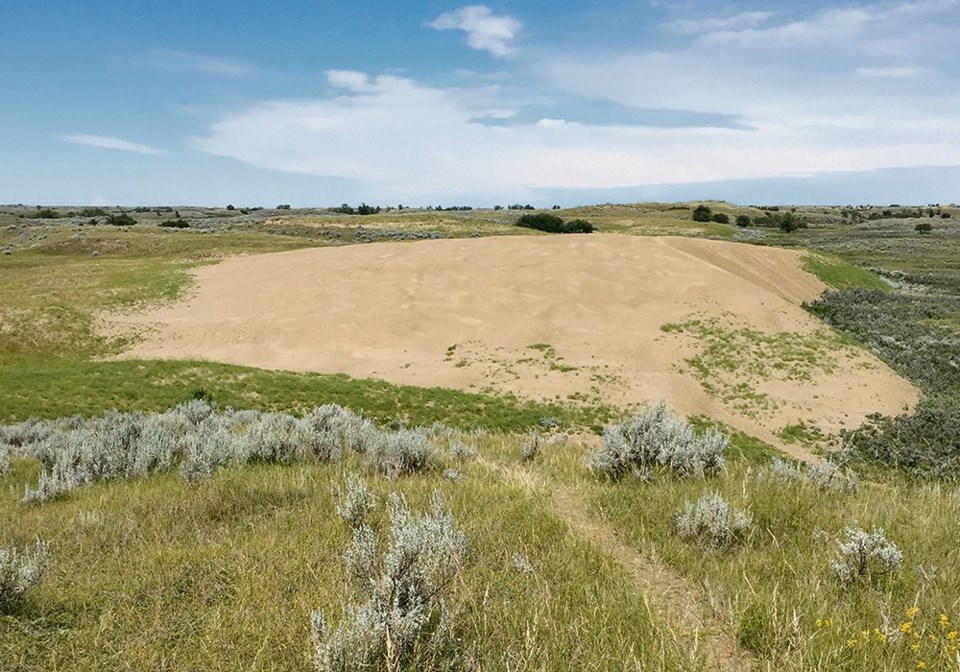WESTERN PRODUCER — My travels in Saskatchewan have convinced me that the province is a friendly place, until you want to access public land for nature appreciation. Recent encounters with several militant ranchers in the Great Sand Hills, a massive block of public land including a huge ecological reserve, indicates public land seems to be treated by them as private and the public are decidedly unwelcome, viewed as trespassers.
I understand the Great Sand Hills is a fragile place and unrestricted vehicle access could unleash a litany of concerns. I note that all the rural municipalities have prohibitions on off-highway vehicle use, a positive move. But, to close the door on access even on well-established, gravelled trails and to deny foot access seems an over-reach if protection of the environment is the reason for access restrictions.
Cattle grazing might be a benign and legitimate land use in the Great Sand Hills, but a grazing lease on public land shouldn’t foreclose on a reasonable amount of use for recreational purposes, notably hiking, wildlife observation, botanical investigations and simply to revel in big, wild space. That’s not how the lease holders I dealt with felt and they seem to have the support of the Saskatchewan government.
The ranching community should recognize that not only do they have an obligation to manage their public land leases well, they also do not own the land, legally or morally, with all the rights that would normally accrue to private land.
The interactions I had followed a similar vein: “You wouldn’t like it if I (the rancher) wanted to picnic on your front lawn.”
No, I probably wouldn’t, but my lawn is not public land and it is patently absurd to use that excuse when the “front lawn” is public land and several thousands of acres in size.
The tenure for public grazing leases is at the pleasure of the public, the public that also eat beef produced on public land with generous grazing rates. It would seem that ranchers might consider this reciprocal arrangement — reasonable public access in return for access to grazing opportunity.
My observations of the situation in Saskatchewan are from a person who lives in a neighbouring province where we have had these debates over public access to public land. Most have been resolved with better policies, better and more accessible information over access provisions (unavailable in Saskatchewan), and a maturity on the part of public lease holders over the rights for the public.
I would like to think of Saskatchewan as a welcoming place. Perhaps the government, lease holders and the public might work out a better arrangement for accessing public land so I do not feel unwelcome in the province.
Lorne Fitch is a professional biologist, a retired Alberta Fish and Wildlife biologist and a former adjunct professor with the University of Calgary.

.jpg;w=80;h=120;mode=crop)

